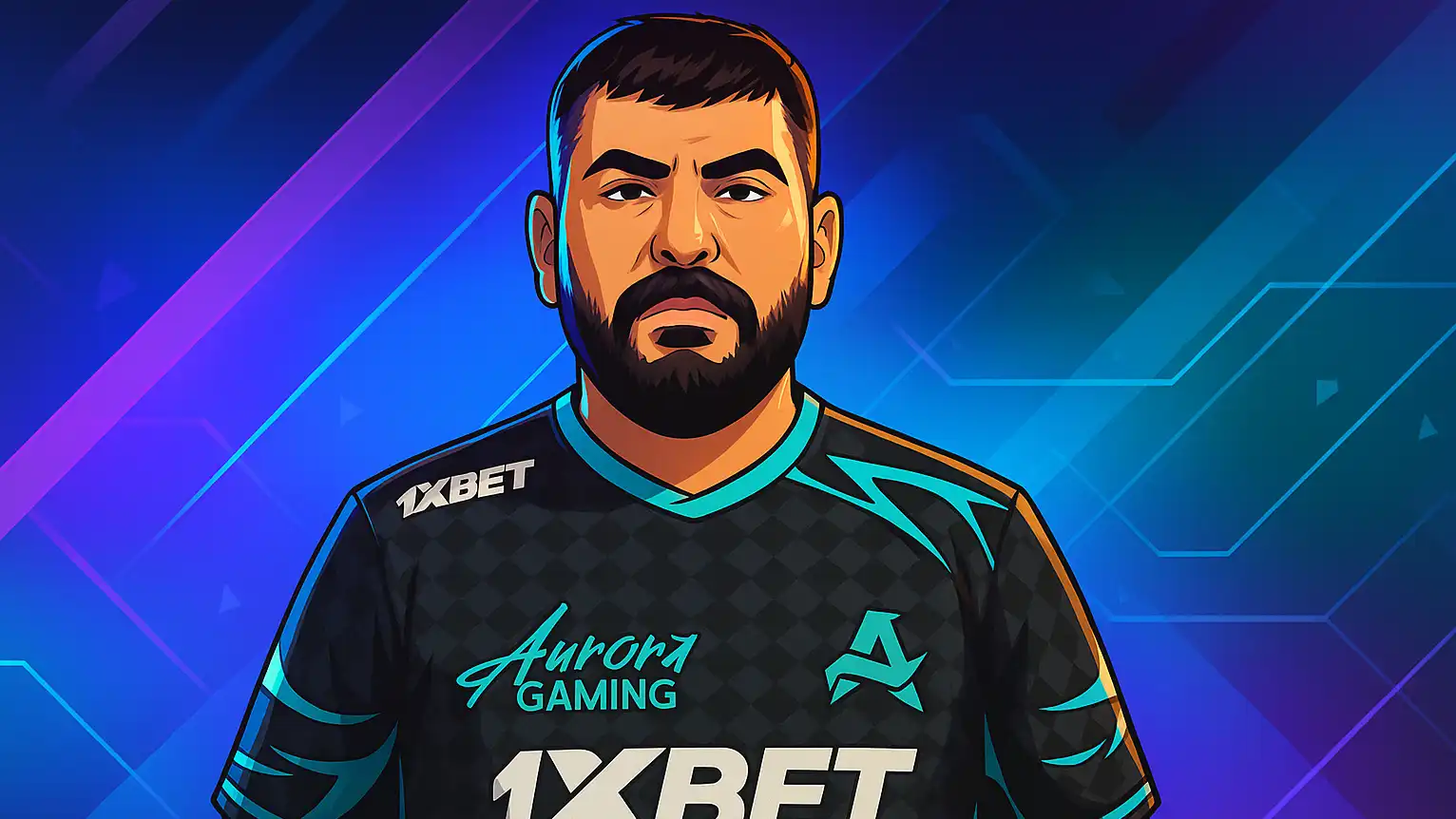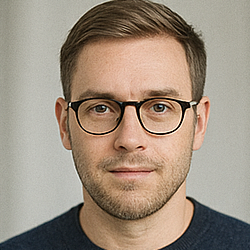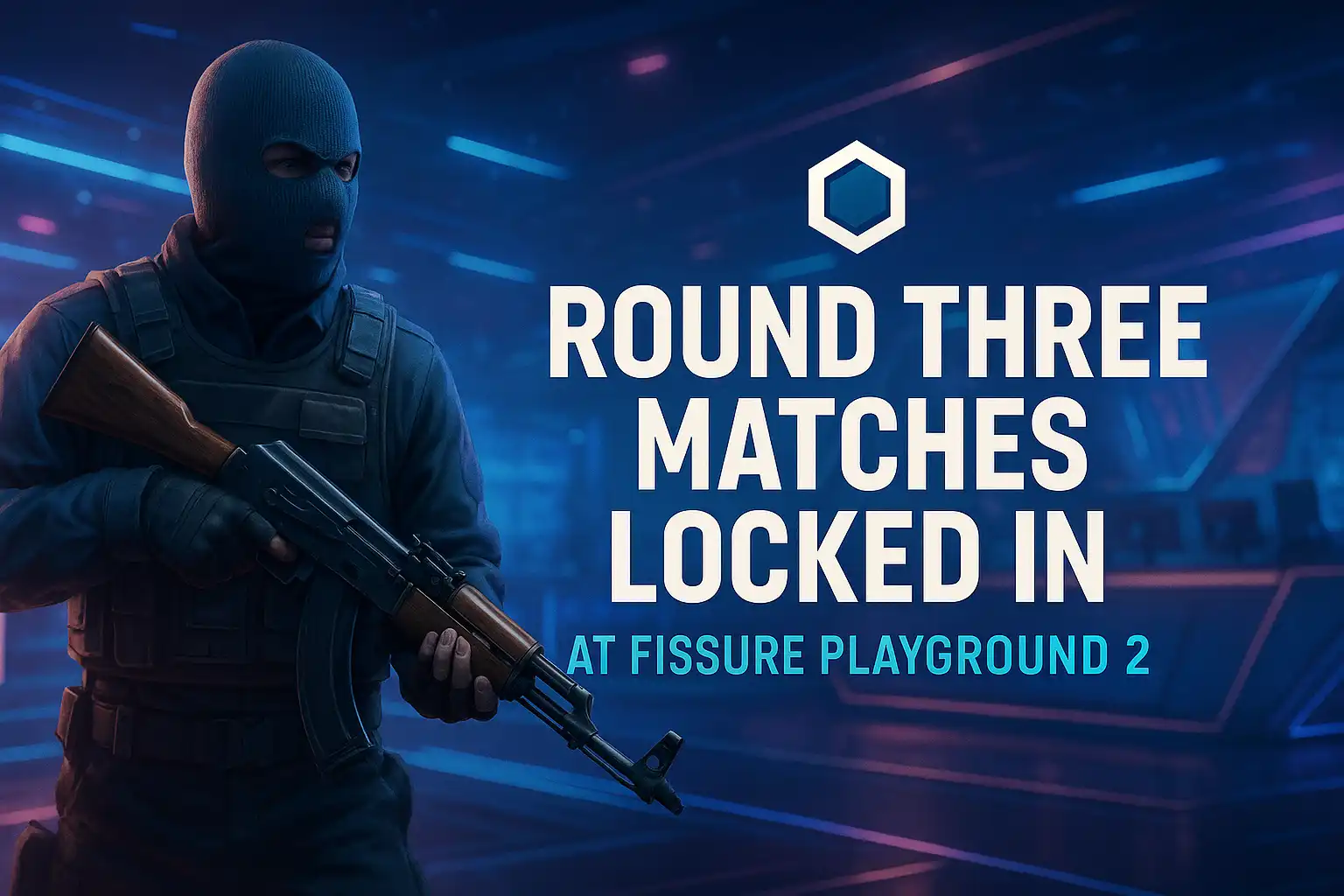“I Felt Like My Players Were Not Very Confident When I Was Calling” – Engin ‘MAJ3R’ Küpeli Reflects on Two-Month Struggle Ahead of PGL Masters Bucharest 2025 Semifinal Surge

“I Felt Like My Players Were Not Very Confident When I Was Calling” – Engin ‘MAJ3R’ Küpeli Reflects on Two-Month Struggle Ahead of PGL Masters Bucharest 2025 Semifinal Surge
At the LAN event PGL Masters Bucharest 2025, Turkish in-game leader (IGL) Engin “MAJ3R” Küpeli opened up about the recent difficult period endured by his team Aurora — a phase he called the “hardest period in two years” for the squad. In the aftermath of a dominant semi-final performance, MAJ3R admitted that for roughly the last two months, he felt his players lacked confidence when he made tactical calls, and that the team was teetering in an internal crisis.
The Context: From Struggle to Success
Aurora’s run in Bucharest was far from smooth. After the Swiss group stage, they needed the full three matches to advance despite starting with 2-0. MAJ3R noted that:
“I think my team, my teammates, and maybe myself, were not that confident in the beginning of the tournament because it was very rough — we had a lot of complicated matches.”
Earlier in the year, Aurora had shown flashes of very strong play and high potential, but their inconsistency remained a thorn, as MAJ3R previously acknowledged. In March 2025, he remarked:
“We can beat anyone in a Bo3 … but we also lose to teams lower than us… this inconsistency is still something normal for a team that changed a player.”
That “changed player” being the addition of Samet “jottAAA” Köklü, who joined early in the year. MAJ3R admitted at the time that the system and team chemistry were still adapting.
Fast-forward to Bucharest, and the turbulence came to a head. MAJ3R had posted on X (formerly Twitter) that the team was in its “biggest crisis so far” — he clarifies this referred not to just their current tournament results, but to the broader state of the squad over the last two months.
The Issue: Confidence Under The IGL’s Calls
What precisely was wrong? MAJ3R outlined that in recent events he felt his calls weren’t being followed with conviction. He said:
“I felt like my players were not very confident when I was calling. Normally, at the beginning of the year, you just ‘Ferrari peek,’ and now there was a little bit of ‘s-d, s-d,’ you know? Not going straight up.”
In other words: the aggression, decisiveness and self-assured execution that characterised their earlier phase seemed absent. The hesitation crept in, the calls began to feel less sharp, and the team’s performance wavered. In an interview from November of the previous year, MAJ3R had already spoken to similar issues, describing the game as “an asshole game — everything changes in one month, two months.”
Such comments suggest a recurring theme: when the mental side of things falters — confidence, decisiveness, belief in calls — the team’s structure and execution suffer accordingly.
A Turning Point in Bucharest
The semi-final against GamerLegion proved to be a crucial redemption for Aurora. They delivered one of the quickest semi-finals in recent memory, giving GamerLegion just two rounds across two maps.
Following that match, MAJ3R acknowledged that today was a “good day” for them, but stressed the journey to this point had been a difficult one:
“Today was a good day for us, but we shouldn’t forget that we’ve been struggling for two months. Today was a good example, and, hopefully, we can bounce off of this victory and gain a lot of confidence for the next matches.”
In short: the win validated that the team still possessed their potential — but it also served as an important psychological build-block, rather than the end of their problems. MAJ3R emphasised that their mindset and execution must remain consistent.
What Went Wrong, What Needs Fixing
From the comments, several key issues emerge:
-
Confidence & Execution Gap: The team’s aggression and decisive plays, hallmark earlier in the year, gave way to hesitation and less conviction when the IGL called plays.
-
Inconsistency Post-Roster Change: With the jottAAA integration earlier in the year, MAJ3R himself revealed that the team had only had three months to adjust then, and that consistency remained the top objective.
-
Mental & Physical Demands: Though not spelled out in the Bucharest article, MAJ3R’s previous remarks (such as in the November interview) referenced factors like travel, jet-lag and schedule disruption as potential disruptors to performance rhythm.
-
Fragmented Peaks & Troughs: Aurora demonstrated the ability to beat tier-one opponents in some events, but also showed vulnerability to lower-ranked teams — a gap in baseline performance becomes evident when confidence is low.
Setting the Bar for the Future
The semi-final win gives Aurora a chance to reset and regain confidence. MAJ3R is clear: if the team can replicate the level they showed against GamerLegion, they can contend for titles. He said:
“If we play like today, we are going to win for sure.”
However, the key phrase “if we play like today” hints at the challenge ahead: making that level of performance standard rather than exceptional. MAJ3R indicated the tournament win would not cure the problems — but it could mark the start of their climb back to form.
Why This Matters in the Bigger Picture
In elite esports — particularly in top-level competitions of the game Counter‑Strike 2 (CS2) and previously CS:GO — the mental dimension is often as critical as tactics and raw skill. Teams that falter in confidence, hesitation or execution frequently struggle more than teams with weaker technical capabilities but higher self-belief. MAJ3R’s acknowledgement of his team’s confidence dip underlines how even strong line-ups can suffer when the psychological wheels wobble.
Conclusion
Aurora’s recent period — described by MAJ3R as their “hardest in two years” — was characterised by a loss of confidence, hesitation in calls, and inconsistent peaks. The semi-final breakdown against GamerLegion in Bucharest represents a vital turning point: a reminder of what the team is capable of when firing on all cylinders. MAJ3R’s comments reflect honesty and accountability — the IGL acknowledges the problem (his players not feeling confident when he was calling), recognises the path to improvement (consistent execution), and sets the expectation for growth.
The next challenge for Aurora will be sustaining this level of performance, rebuilding mental strength, and translating the spark of this victory into a stable standard. If they succeed, the team could reclaim its status among the top tier. If not, the same underlying issues may resurface. For now, though, the horizon looks cautiously optimistic — and MAJ3R appears ready to lead the way.





